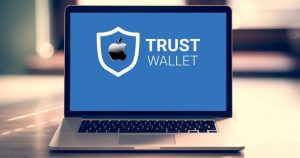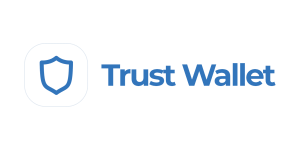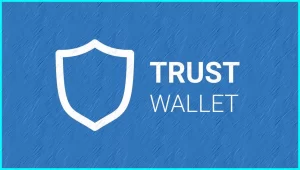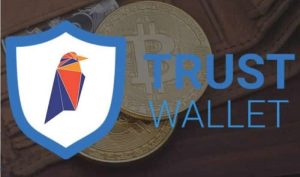Which is better between Binance and Trust Wallet?
Binance and Trust Wallet serve different purposes. Binance is better for trading, offering a wide range of cryptocurrencies and advanced features. Trust Wallet is better for securely storing, managing, and using crypto assets independently. Choosing depends on whether you prioritize trading or personal asset control.
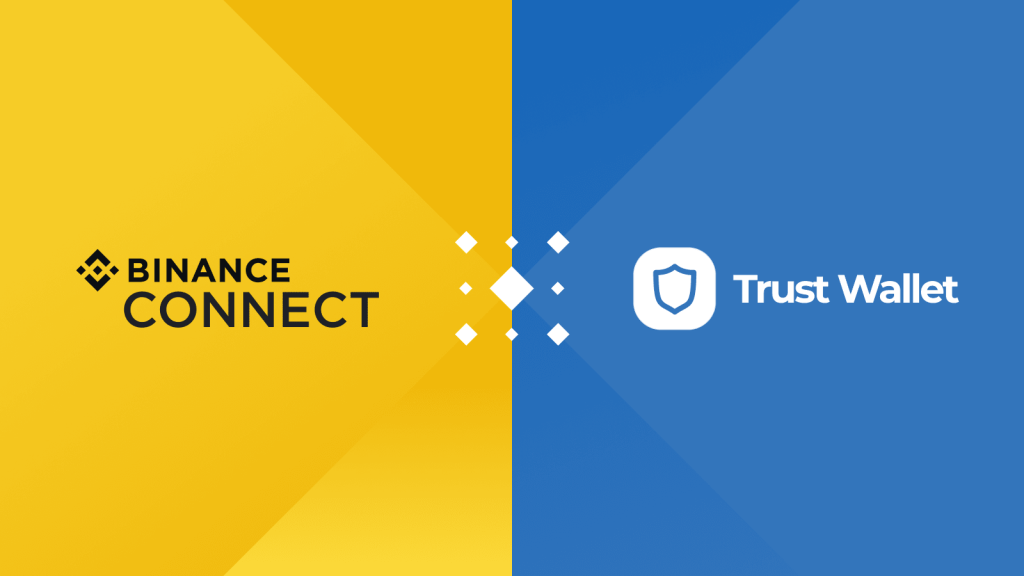
Understanding the Main Differences Between Binance and Trust Wallet
How Binance Functions as a Centralized Exchange
-
Centralized Management of Funds: Binance operates as a centralized platform where users deposit their funds into Binance-controlled wallets, meaning the platform holds custody of user assets during trading.
-
Advanced Trading Features: Binance provides users with access to a variety of trading options including spot trading, futures trading, margin trading, and a wide range of market analysis tools that cater to both beginners and professionals.
-
Regulatory Compliance and KYC Requirements: Binance typically requires users to complete Know Your Customer (KYC) verification for higher withdrawal limits and enhanced security, aligning with regulatory standards in different countries.
How Trust Wallet Serves as a Decentralized Wallet
-
Full User Control Over Assets: Trust Wallet is a non-custodial wallet, meaning users retain full ownership of their private keys and crypto assets without relying on any third party to hold their funds.
-
Direct Access to DeFi and DApps: Trust Wallet allows users to connect directly to decentralized applications (DApps), participate in DeFi protocols, and manage NFTs without the need for centralized intervention.
-
No KYC or Account Setup Required: Unlike centralized exchanges, Trust Wallet does not require KYC verification or registration. Users can create and use a wallet instantly, maintaining privacy and anonymity while managing their crypto assets.
Security Comparison Between Binance and Trust Wallet
How Binance Protects User Funds and Accounts
-
Multi-Layered Security Systems: Binance employs multiple layers of security including two-factor authentication (2FA), anti-phishing codes, and advanced AI monitoring to detect suspicious activities and protect user accounts.
-
Secure Asset Fund for Users (SAFU): Binance has established the SAFU fund, an emergency insurance fund that protects a portion of user assets against extreme cases like system breaches or hacking incidents.
-
Cold Wallet Storage: The majority of user funds on Binance are stored in offline cold wallets, which are not connected to the internet, minimizing the risk of large-scale cyberattacks and unauthorized access.
Why Trust Wallet Offers Full Ownership of Assets
-
Private Key Ownership: Trust Wallet gives users complete control over their private keys, meaning they are the sole custodians of their assets without any intermediary or platform access.
-
Local Data Storage: All sensitive data, including private keys and recovery phrases, are stored locally on the user’s device, ensuring that no personal information is held on Trust Wallet’s servers.
-
Non-Custodial Architecture: As a decentralized wallet, Trust Wallet does not require users to trust any centralized authority for the safety of their funds, making it a secure choice for those prioritizing personal control and privacy.
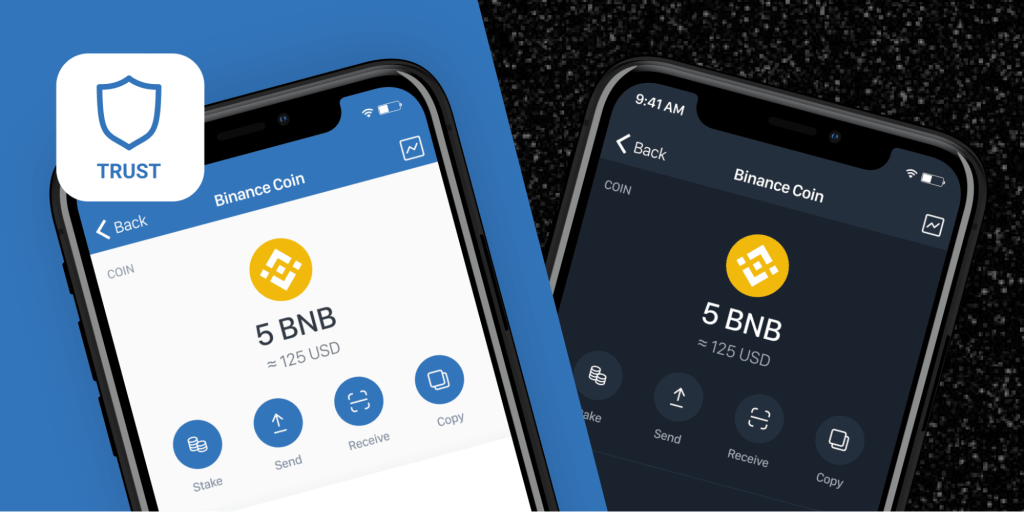
Trading and Investment Features on Binance and Trust Wallet
Advanced Trading Tools Available on Binance
-
Spot, Margin, and Futures Trading: Binance offers a full suite of trading options, including spot trading for buying and selling crypto directly, margin trading with borrowed funds, and futures contracts for leveraged trading opportunities.
-
Technical Analysis Tools: Users can access real-time charts, advanced indicators, and customizable trading views on Binance, enabling professional traders to conduct detailed market analysis and execute informed trades.
-
Automated Trading Features: Binance supports automated strategies like grid trading, futures bots, and copy trading features, giving users more options to maximize their returns without constant manual intervention.
Crypto Buying and Swapping Options in Trust Wallet
-
Simple Buy Options with Cards: Trust Wallet integrates third-party providers like MoonPay and Simplex, allowing users to purchase cryptocurrencies directly within the app using credit cards, debit cards, and bank transfers.
-
Built-in Token Swap Functionality: Trust Wallet provides an easy-to-use swap feature that lets users exchange one cryptocurrency for another instantly without leaving the app or using a centralized exchange platform.
-
Access to Decentralized Exchanges (DEXs): Through Trust Wallet’s DApp browser and WalletConnect integration, users can connect to DEX platforms like Uniswap and PancakeSwap, enabling decentralized trading and liquidity provision opportunities.
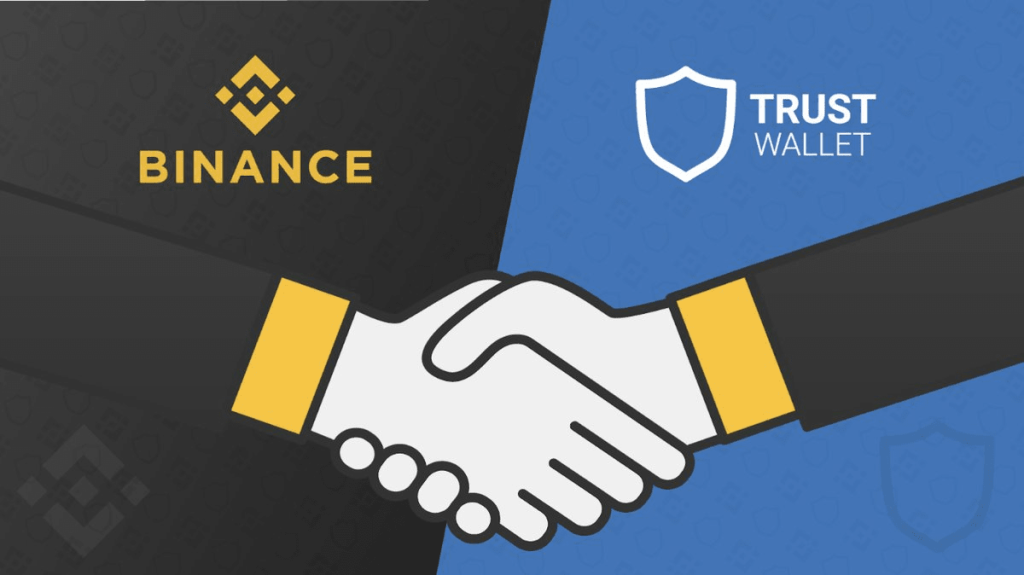
Accessibility and Ease of Use for Beginners
How Beginner-Friendly Is Binance for New Traders
-
Binance Lite Mode: Binance offers a Lite version of its app, designed specifically for beginners, providing a simplified interface that focuses on buying, selling, and checking market prices without overwhelming advanced features.
-
Comprehensive Educational Resources: Binance Academy and in-app tutorials help beginners learn about crypto trading, blockchain technology, and platform features, making it easier for new users to navigate the crypto world confidently.
-
Step-by-Step Guides and Support: Binance provides detailed walkthroughs, customer support, and community forums where beginners can find help, ask questions, and learn from experienced traders at every stage.
How Trust Wallet Simplifies Crypto Management for New Users
-
Quick and Easy Wallet Setup: Creating a wallet in Trust Wallet takes just a few simple steps, with no need for personal information or KYC verification, allowing new users to start managing crypto instantly.
-
Intuitive User Interface: Trust Wallet’s clean and minimalistic design ensures that beginners can easily view their balances, send and receive assets, swap tokens, and access DeFi applications without confusion.
-
Built-In Educational Tips: Trust Wallet provides helpful in-app hints and explanations for basic functions like backing up recovery phrases, sending transactions, and connecting to DApps, ensuring that even first-time users understand how to stay safe and manage their assets effectively.
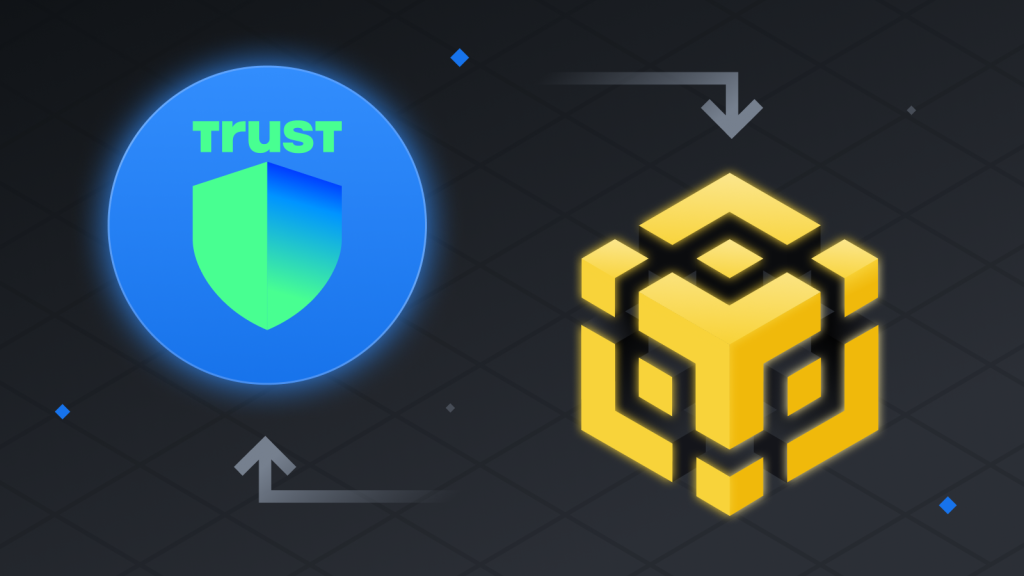
Supported Cryptocurrencies and Blockchain Networks
Wide Asset Selection on Binance
-
Extensive Cryptocurrency Listings: Binance offers access to hundreds of cryptocurrencies, including major coins like Bitcoin, Ethereum, and Binance Coin, as well as a wide range of altcoins and newly launched tokens.
-
Regular New Token Listings: Binance frequently adds new and trending projects to its platform, giving users early access to promising cryptocurrencies and expanding investment opportunities.
-
Specialized Markets and Pairs: Binance provides various trading pairs, including crypto-to-crypto, crypto-to-stablecoin, and crypto-to-fiat options, allowing users to diversify their holdings and trading strategies easily.
Multi-Chain Support in Trust Wallet
-
Support for Multiple Blockchains: Trust Wallet supports dozens of blockchains including Ethereum, Binance Smart Chain, Polygon, Solana, and Avalanche, allowing users to manage assets from multiple ecosystems in one app.
-
Compatibility with Thousands of Tokens: Trust Wallet is compatible with ERC-20, BEP-20, TRC-20, and many other token standards, enabling users to store, send, and receive a vast array of cryptocurrencies without needing multiple wallets.
-
Seamless Interaction with Different Networks: Users can easily switch between different blockchain networks within Trust Wallet, making it convenient to manage DeFi activities, NFT holdings, and multi-chain token portfolios without complex setup processes.
